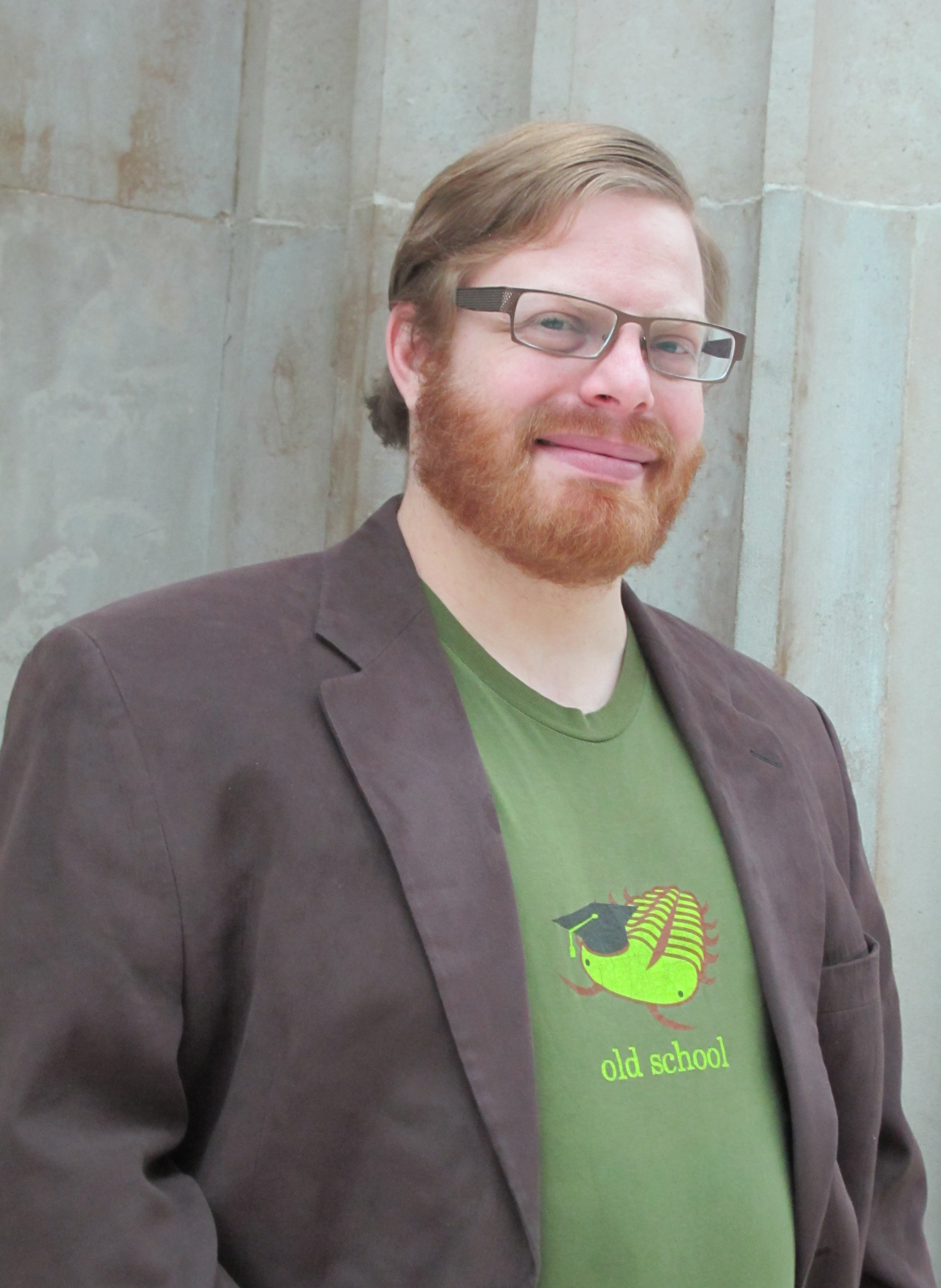Past talk:
12:00 Friday, February 27 WAG 316
“Spinoza on the Infinite”
 Spinoza was not a great mathematician, but his ideas about infinity have been important for mathematicians from Leibniz to Cantor. Since the Ethics doesn’t define the infinite, it is useful to turn to one his letters, often called, even by Spinoza, the Letter on the Infinite. The Ethics presents ethics, which includes knowledge of God, the human mind and body, and the emotions, more geometrico, but it is crucial in both the Ethics and the Letter to distinguish the mathematical infinite from the way in which God is infinite. The method of mathematics is the model for thinking about God, but the mathematical infinite is not a model we can use for understanding divine infinity.
Spinoza was not a great mathematician, but his ideas about infinity have been important for mathematicians from Leibniz to Cantor. Since the Ethics doesn’t define the infinite, it is useful to turn to one his letters, often called, even by Spinoza, the Letter on the Infinite. The Ethics presents ethics, which includes knowledge of God, the human mind and body, and the emotions, more geometrico, but it is crucial in both the Ethics and the Letter to distinguish the mathematical infinite from the way in which God is infinite. The method of mathematics is the model for thinking about God, but the mathematical infinite is not a model we can use for understanding divine infinity.
Eugene Garver is Regents Professor Emeritus at Saint John’s University in Minnesota, and a Visiting Lecturer in the Department of Rhetoric and Writing at UT. He is the author, most recently, of Aristotle’s Politics: Living Well and Living Together (Chicago, 2012).

 Spinoza was not a great mathematician, but his ideas about infinity have been important for mathematicians from Leibniz to Cantor. Since the Ethics doesn’t define the infinite, it is useful to turn to one his letters, often called, even by Spinoza, the Letter on the Infinite. The Ethics presents ethics, which includes knowledge of God, the human mind and body, and the emotions, more geometrico, but it is crucial in both the Ethics and the Letter to distinguish the mathematical infinite from the way in which God is infinite. The method of mathematics is the model for thinking about God, but the mathematical infinite is not a model we can use for understanding divine infinity.
Spinoza was not a great mathematician, but his ideas about infinity have been important for mathematicians from Leibniz to Cantor. Since the Ethics doesn’t define the infinite, it is useful to turn to one his letters, often called, even by Spinoza, the Letter on the Infinite. The Ethics presents ethics, which includes knowledge of God, the human mind and body, and the emotions, more geometrico, but it is crucial in both the Ethics and the Letter to distinguish the mathematical infinite from the way in which God is infinite. The method of mathematics is the model for thinking about God, but the mathematical infinite is not a model we can use for understanding divine infinity.